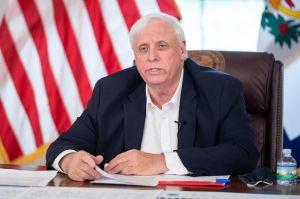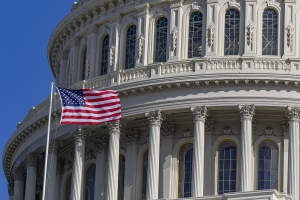Vladimir Putin Assassination Attempt Foiled in Ukraine
Russian Prime Minister Vladimir Putin was the target of an assassination plot uncovered by Russian and Ukrainian secret service agents, it was announced on Monday.
Russian state television, Channel One, said that two would-be assassins were arrested in January and February for plotting to kill the prime minister following the upcoming March 4 presidential elections.
"I can officially confirm that they were preparing an (assassination) attempt on Putin," Marina Ostapenko, a spokeswoman for the Ukrainian SBU counter-intelligence agency, said on Russia's Channel One news.
According to the report, the men were linked to a Northern Caucasus group seeking an Islamist state in the region and were discovered in the Ukrainian seaport town of Odessa.
"The ultimate aim was to travel to Moscow and try to assassinate Premier Putin," one of the arrested men reportedly said, according to the Russian news agency.
The news of the assassination attempt comes two days after Putin called on his followers to press forward in the "battle of Russia," and a day after thousands of demonstrators gathered in the streets of Moscow to protest against Putin's hardline authority.
Some Russians appear to be skeptical of the news, arguing via social media sites that the timing of the announcement was merely an attempt to attract sympathy for Putin prior to the election.
Polls point to the fact that a majority of Russian voters will cast their presidential ballot for the former KGB officer and former president, but some analysts perceive the announcement of an assassination plot as an attempt to rally Russians around the hardline leader and boost his ratings amid the likely outbreak of protests set to ensue following Putin's almost-certain presidential win next Sunday.
Some predictions estimate that over 100,000 people will come out to protest a win by Putin.
Putin's legacy as a leader is largely tied to his 1999 campaign in Chechnya, which used brutal force to disable the North Caucasus' rebel Chechen movement following a series of terrorist attacks carried out by separatists. Although Russia has largely fractured the separatist movement, violence is still prevalent in the region and human rights activists continue to face endemic abuse, harassment, and murder.





























